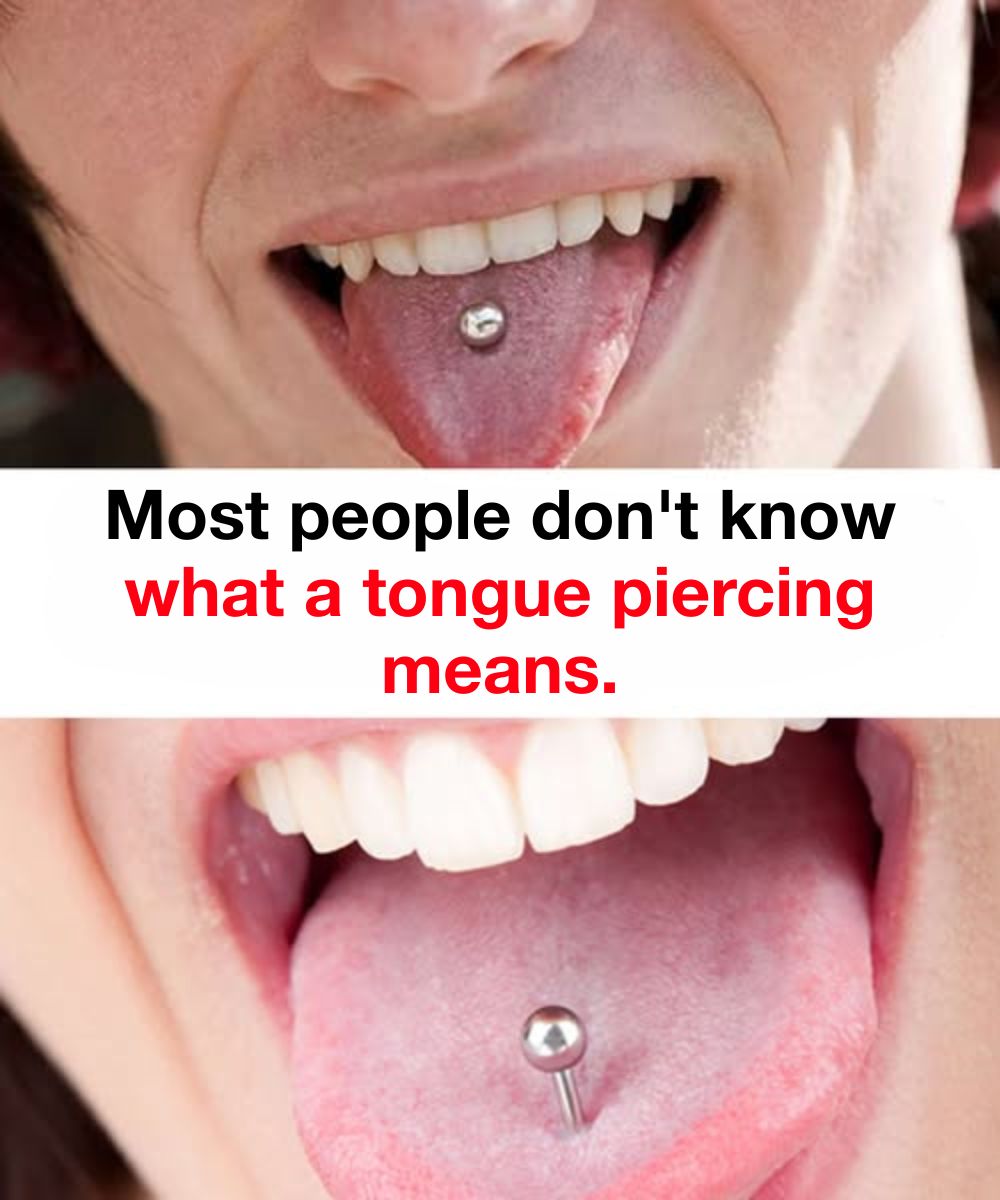Differences in Meaning Between Men and Women
1. Sexual Connotations and Stereotypes
Here’s where things get tricky. For women, a tongue piercing is sometimes—unfairly—linked with flirtation or sensuality. For men, the same piercing might be seen as adventurous or daring. These are stereotypes, not truths, but they still shape public perception.
2. Cultural Judgment
In some communities, women with tongue piercings face criticism tied to outdated “purity” expectations. Men, however, may have their piercings viewed as part of a rugged or edgy image. The same piece of jewelry, but a completely different social lens.
3. Different Motivations
While both men and women use tongue piercings for self-expression, women may lean toward aesthetic harmony—matching jewelry with outfits or makeup—while men may be drawn to the thrill or statement factor.
4. Subcultural Symbolism
Within punk, goth, or LGBTQ+ spaces, a tongue piercing might carry different meanings depending on gender—from a badge of sexual openness to a mark of solidarity or rebellion.
The Bottom Line
Whether worn by a man or a woman, a tongue piercing can say, “I’m confident. I’m me.” But culture, stereotypes, and personal style can shape how that message is received. At the end of the day, the truest meaning belongs to the person wearing it—not the assumptions of strangers.

